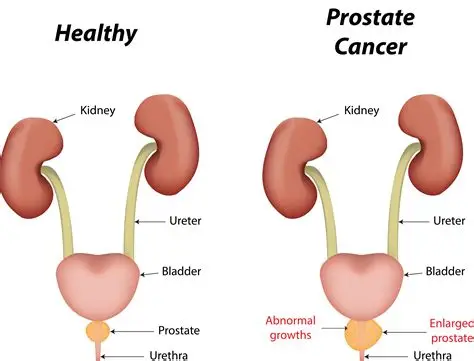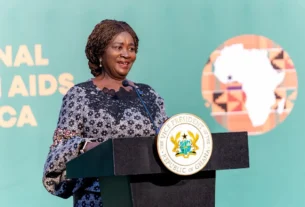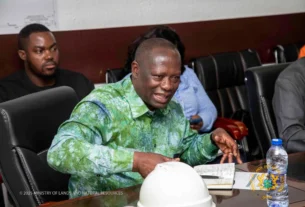Read also:
- Ghana’s Peace Must Be Safeguarded – Dr. Zanetor Agyeman-Rawlings Urges Youth.
- William Ruto’s firstborn son Nick resurfaces with full-grown beard at wedding.
- The incredible Premier League table since Nuno Espirito Santo joined Nottingham Forest.
- Court Orders Former CJ Torkornoo’s Lawyers to Follow Procedure in Withdrawing Case
- Commercial Transport Operators Issue Urgent Call to Action Over Spare Parts Prices
Prostate cancer remains a significant health challenge in Ghana, with many men delaying medical attention due to stigma, fear, and misconceptions. Health experts at the University of Ghana Medical Centre (UGMC) are sounding the alarm, warning that some men wrongly believe prostate cancer is a spiritual condition, leading them to seek unorthodox remedies instead of life-saving medical care.
Dr. Mary Monney Bortey, Head of the Urology Department at UGMC, notes that late detection is a major challenge in Ghana. “Prostate cancer is very common in our environment, and we are seeing increasing cases across the country. Unfortunately, many men report to the hospital only at the late stages when the disease has already spread. At that point, mortality is over 50 percent. But when picked up early, the chances of cure are very high. That’s why awareness and early screening are so critical.”
Dr. Dennis Achio, a medical officer at UGMC’s Urology Department, expresses concern that myths surrounding prostate cancer continue to discourage men from seeking timely help. “Some men believe prostate cancer is spiritual. They go to herbalists or spiritualists first instead of hospitals. By the time they eventually come to us, the disease is far advanced, and curative treatment is no longer possible. This mindset is costing lives.”
The doctors emphasize that early detection is key to successful treatment. They also note that lifestyle choices such as poor diet, smoking, and lack of exercise contribute to rising cases, and genetics also play a significant role. Men of African descent and those with a family history of prostate cancer are at particularly higher risk.
One barrier to screening is the discomfort and fear surrounding the digital rectal examination. Dr. Achio reassures men that the test is safe and not painful. “The rectal exam is not painful—only slightly uncomfortable. It’s one of the easiest ways to detect suspicious changes in the prostate before the disease spreads.”
As Ghana marks Prostate Cancer Awareness Month, UGMC’s urologists urge men to set aside fears and myths, take their health seriously, and undergo screening. “Prostate cancer is not spiritual,” Dr. Bortey stresses. “It is a medical condition, and when detected early, it can be treated successfully.” Dr. Bortey adds that awareness must focus on changing perceptions and encouraging regular checkups. “We need to shift the narrative. Screening should be seen as a routine men’s wellness check. If you are 40 and above, especially with a family history, you should be screened. Early detection saves lives.”




